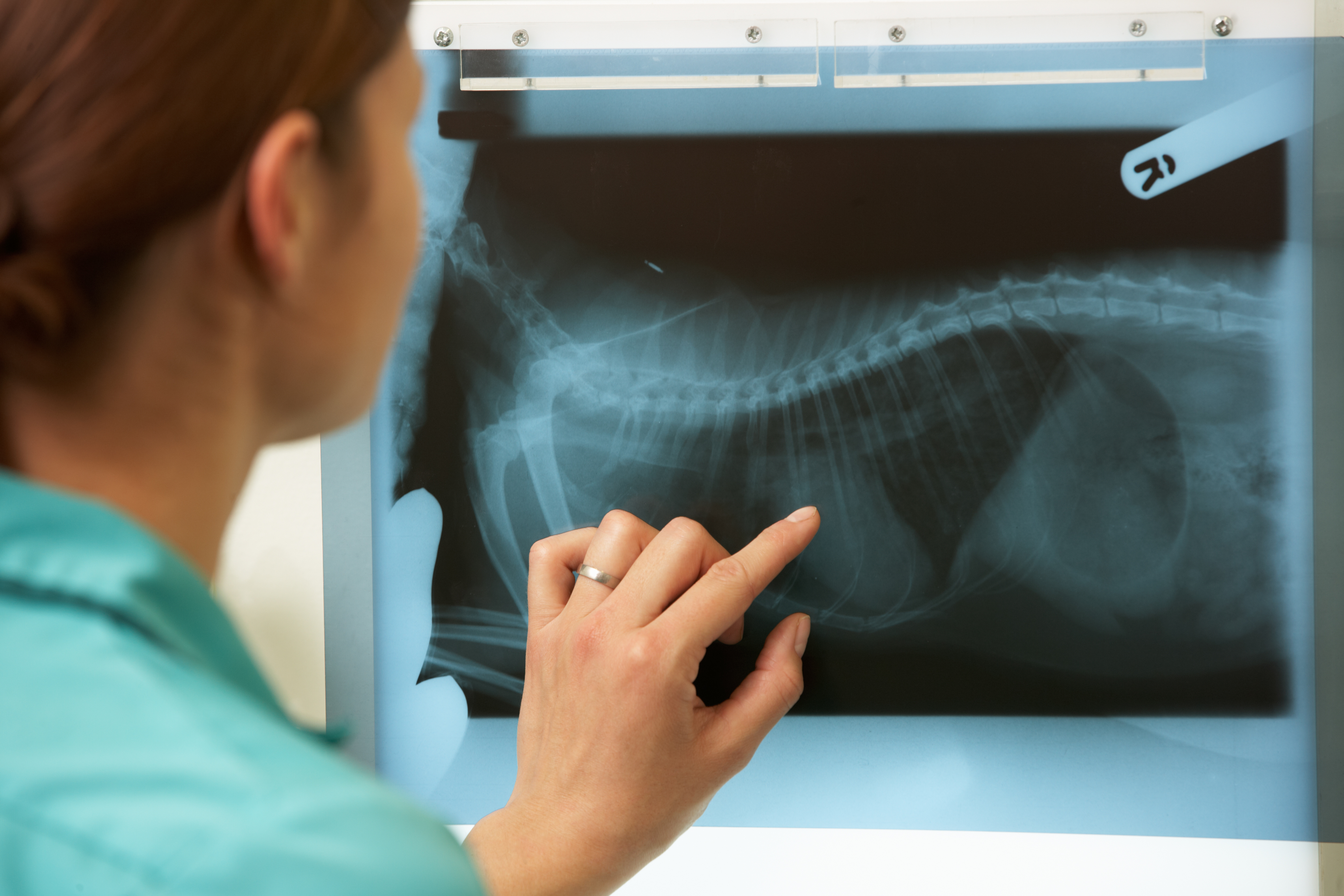How Veterinary Labs Keep Dogs and Cats Healthy
How Veterinary Labs Keep Dogs and Cats Healthy
Blog Article
Companion animals are invaluable, and keeping them healthy starts with health checks. Pet health labs are invaluable resources in preventing diseases for our four-legged friends.
This article, we’ll examine the importance of veterinary labs and review key diagnostic services.
How Do Veterinary Laboratories Work?
Animal health testing facilities provide health assessments for examining samples. These labs support animal doctors to tailor care to the pet’s needs.

Steps in veterinary testing usually includes:
- Obtaining specimens: Biological materials are sent to the lab.
- Advanced diagnostics: Modern technology provide results.
- Providing actionable data: Data supports treatments for targeted interventions.
Essential Tests in Veterinary Labs
Labs provide diverse options for health checks to prevent serious conditions. Frequently used procedures include:
- Complete blood counts (CBC): Monitor immune responses.
- Bladder and kidney checks: Check for diabetes.
- Parasite checks: Identify digestive disorders.
- Allergy testing: Diagnose food or environmental allergies.
- Structural health assessments: Examine internal structures.
How Testing Supports Pet Health
Frequent health checks ensures better outcomes. By identifying issues early, vets can provide better care.

The importance of routine exams include:
- Effective treatments: Pets live happier, healthier lives.
- Avoiding costly emergencies: Prevention saves money in the long run.
- Assurance about pet health: Manage concerns proactively.
laboratorios veterinários
análises clínicas veterinária
Why Testing Matters for Dogs and Cats
Pet health labs play a key role in modern pet care. By making testing part of their care, you ensure your pets are healthy.
Make pet health a priority and support their wellness every step of the way!
Report this page